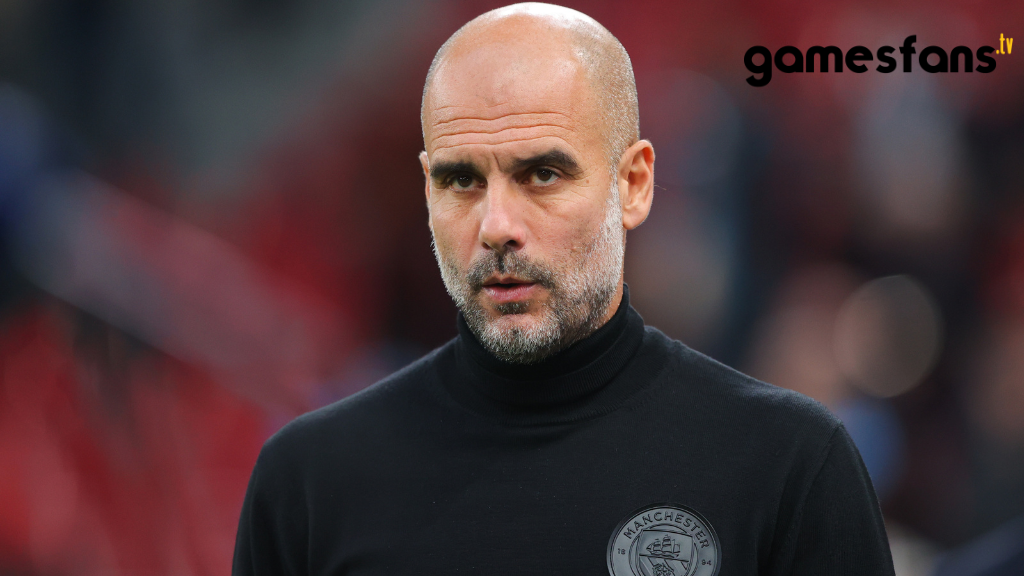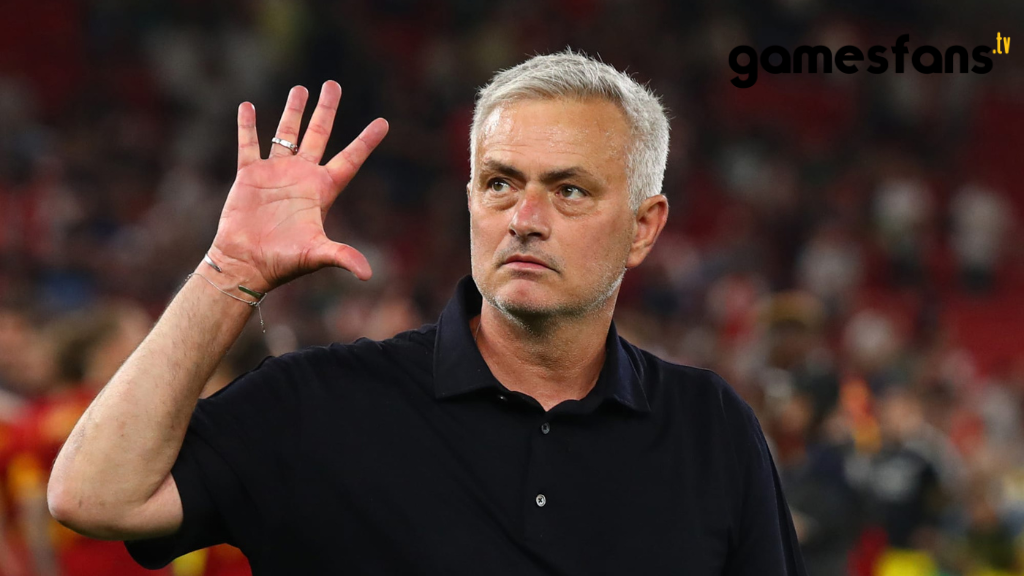Most Influential Managers In Football History

Football
Football, without a doubt, is one of the most popular sports of all time, captivating the hearts of millions of people from all around the world. The passion of the fans and the incredible skills of professional players have made football such a beloved game. However, one of the most overlooked aspects of this sport is the enormous impact that managers have on it. Over the years, there have been many influential managers who have revolutionized the game, both tactically and culturally. These managers have left an indelible mark on football, and their legacies continue to shape the sport to this day.
The Father Of Modern Football: Rinus Michels
Rinus Michels is considered by many fans and professionals to be the father of modern football. He became famous after introducing the concept of Total Football, which revolutionized the sport in the 1970s. Total Football is a highly unusual and fluid way of playing football where every player on the field can play any position.

The goal is to maintain possession of the ball as long as possible and then create space that the attackers can exploit. Michels introduced this style of play while coaching at Ajax Amsterdam, where he won four Dutch league titles and three European Cups. n 1999, FIFA inducted him into the Hall of Fame and football history still remembers him as one of the greatest managers.

The Legendary Sir Alex Ferguson
Sir Alex Ferguson is without a doubt one of the most successful and influential managers in football history. He played as a striker before eventually becoming a coach. He won 13 English Premier League titles, five FA Cups, and two UEFA Champions League titles, among many other trophies during his legendary tenure at Manchester United.

Ferguson was renowned for his ability to almost instantly change tactics in the middle of a game. He was never afraid to make bold decisions, like selling star players or introducing new tactics, but only if he believed it was in the best interests of the team.
Ferguson retired in 2013, having spent 26 years in charge of Manchester United. People widely regard him as one of the greatest managers of all time, and his legacy inspires and influences coaches and players around the world.
The Innovative Pep Guardiola
Pep Guardiola is one of the most innovative and successful managers in modern football. He started his football career as a midfielder for Barcelona and the Spanish national team before eventually turning to coaching. He took over as manager of Barcelona in 2008 and won 14 trophies in four seasons, including three La Liga titles and two UEFA Champions League titles.

Guardiola’s coaching style is based on possession-based football. This tactic allows the players to dominate the ball and control the pace of the game. He always insists on quick passing, movement off the ball, and high pressing to win the ball back. Pep’s teams also focus on attacking play, constantly creating chances and scoring goals on their road toward victory and he even coached Messi.
His style of play has influenced managers and teams around the world. One would regard him as one of the best coaches of his generation. His ideas have inspired a new generation of Spanish coaches, who have adapted them to their own teams and paved the way for success.
The Controversial José Mourinho
José Mourinho, a renowned football manager, is widely recognized for his successful yet controversial career. Unlike many other accomplished coaches, Mourinho’s journey to coaching began in amateur football.
Mourinho’s coaching philosophy prioritizes defensive stability and counter-attacking prowess. He often structures his teams to be compact and challenging to penetrate, but also devastatingly effective on the counter. Players widely respect him for his motivational and inspiring capabilities.

However, Mourinho’s coaching style and personality have also sparked controversy. Several high-profile conflicts with players, fellow managers, and the media have embroiled him. While his confrontational approach has garnered both admiration and criticism, his impact on modern football and success are undeniable.
It’s worth noting that Mourinho’s career has also been lucrative. He earned a staggering £49,315 per day during his tenure at Manchester United and £41,096 per day while at Tottenham.
FAQ
Q: What does a football manager do?
A: A football manager is responsible for leading a team of football players to success on the field. They are responsible for developing and implementing strategies and tactics, selecting and training players, managing team finances and budgets, and communicating with team owners, fans, and the media.
Q: How does a football manager select players for their team?
A: A football manager typically scouts players through various means, including attending matches, watching game footage, and consulting with other coaches and scouts. They may also rely on player agents and other contacts to identify potential recruits. Once a player is identified, the manager will assess their abilities and suitability for the team’s needs before deciding whether to sign them.
Q: What are the qualifications required to become a football manager?
A: There is no set educational or professional qualification required to become a football manager. However, most successful managers have a strong understanding of the game, gained through years of playing, coaching, or studying football. Good communication skills, leadership ability, and strategic thinking are also important qualities for a manager to possess.
Q: How much does a football manager earn?
A: The salary of a football manager can vary widely depending on a number of factors, including the level of the team they are managing, their success rate, and the country in which they work. Some managers of top-tier teams can earn millions of dollars per year, while those at lower-level teams may earn a few hundred thousand dollars.







